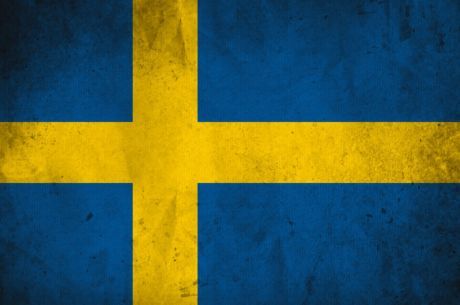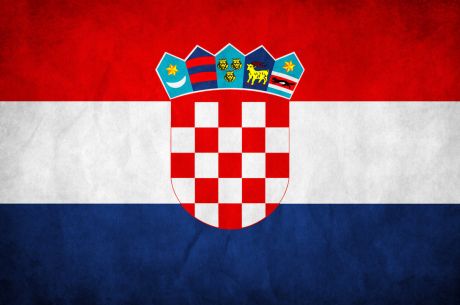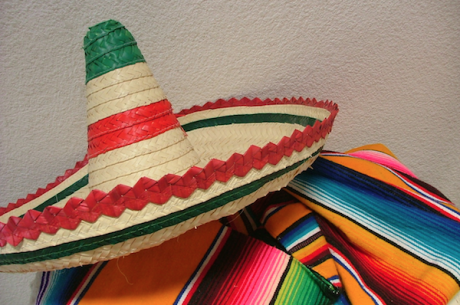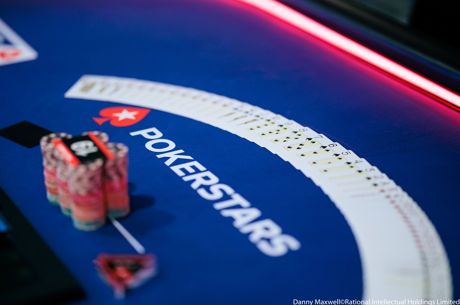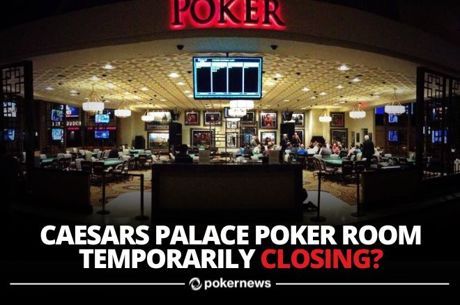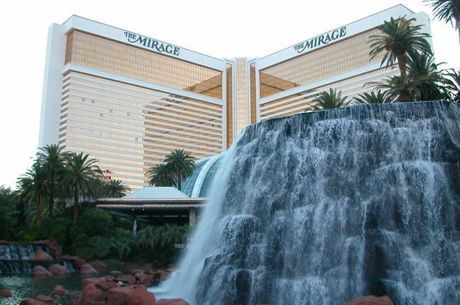Dutch Gambling Authority Signs Letter of Intent with Malta's Gaming Authority
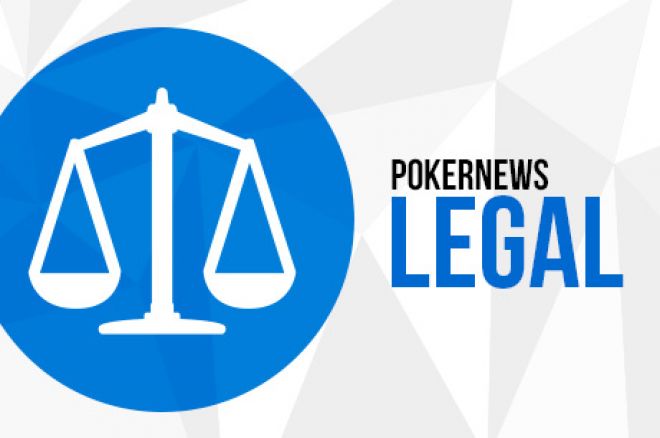
Although online gaming is not expected to be fully regulated in the country anytime before mid-2015, the Dutch betting and gaming authority Kansspelautoriteit signed a bilateral agreement with Malta's Lotteries and Gaming Authority (LGA) to start a tight cooperation between the two bodies.
"This is an important step towards the development and sharing of common regulatory best practice," the Chief Executive Officer of Kansspelautoriteit, Marja Appelman, said.
According to Appelman, the agreement will create tangible benefits for "consumers and operators in both jurisdictions."
"This letter of intent gives a clear signal that the two jurisdictions recognize the mutual principles in the regulation of remote gambling and will help both jurisdictions to ensure outmost consumer protection and a just, responsible and safe provision of gambling services applied through a strong and inclusive systems and monitoring," echoed the LGA's CEO Joseph Cuschieri.
The agreement is in line with the strategy that Kansspelautoriteit's chairman Jan Suyver presented to the media in Nov. 2013, when he explicitly admitted that the Dutch authority on gaming would seek to build a strong cooperation with its European counterparts.
"The Gambling Authority will work closely with colleagues in other countries," Suyver said when he announced Kansspelautoriteit's to proceed with the establishment of an online regulated market in the Netherlands. "However, we can only commence the real cooperation once the Dutch online law comes into force."
The letter of intent signed by the two countries comes also exactly one month after a number representatives of the two bodies met in Brussels for the 8th Meeting of the Group of Experts on Online Gambling organized by the Directorate General Internal Market and Services at the European Commission.
The meeting, which is open to members of the different European gambling authorities and a selected pool of high-profile consultants specialized in the gambling industry, was held on Oct. 7 to discuss �� among other issues �� about the possibilities to "enhance supervision and administrative cooperation" between different international bodies.
The Netherlands is supposed to adopt a new legislation on online gambling by the first half of 2015. According to a bill that was approved in July 2015, the new legislative framework should lead to the creation of a regulated market where national and international operators in possess of a state-given license will be allowed to operate.
According to a language approved by the Dutch Council of Ministers in July 2014, the new gambling laws will include a 20-percent gross revenue tax for online gaming operators, which is significantly lower than the 29-percent tax rate currently applied to the land based casinos that operate in the country.
Right after the approval of the language that included this specific tax measure, local operators have expressed strong criticism against the proposed legislation and have accused the system thought by Kansspelautoriteit to be unreasonably expensive and to pose serious threat to the development of the gambling industry in the Netherlands.
According to Bas Jongmans, Dutch gaming attorney from the Amsterdam-based Gaming Legal law firm, the law "is not focused on what is most efficient, but on what is politically acceptable." Talking to PokerNews, Jongmans explained that he believes that the regulated market will result in a huge disappointment as many operators will simply not invest in Holland.
Jongmans criticism is shared by the OF Slots Industry Organization (OFSIO), a trade association for land-based slot machines. The OFSIO believes that this bill will cost the country "hundreds of jobs" in the country's land-based casinos as the dual taxation that the government plans to apply on land-based and online based gambling operations may inflict a terrible hit to the existing live operators.
For news, updates, and more follow PokerNews on Twitter and Facebook.

